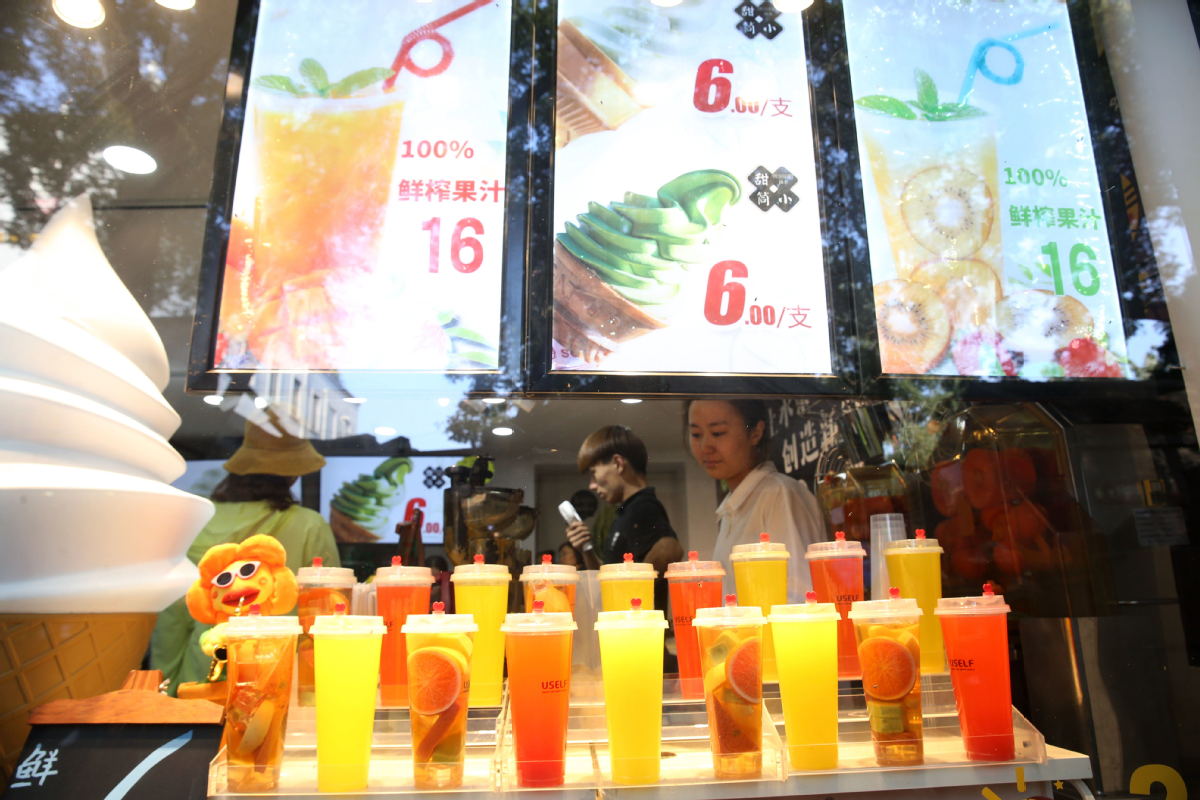Taxing times as Asia gets tough on sugar


The institute said chronic illnesses affect poor people the most, as they have to allocate as much as 25 percent of their household income to pay for treatment.
This, combined with poor health care systems in many developing countries in Asia, "can leave people vulnerable to chronic poverty", the ADBI said.
It also estimates that the direct cost of being overweight or obese in the Asia-Pacific area equates to about 0.56 percent of the region's combined GDP, while the indirect cost is about 0.22 percent.
Direct cost refers to medical charges and other expenses incurred by people considered overweight or obese. Measuring indirect cost is based on how much of a person's healthy life is lost every year due to disability and premature death.
The high cost of treating chronic illnesses is the reason it makes sense to implement a sugar tax. The WHO said such a levy is an "effective intervention", noting that increased prices will reduce the consumption of sugary drinks. Citing Mexico as an example, it said studies there showed that the introduction of a sugar tax in 2014 had reduced the sales of such drinks by 7.6 percent.
Filomeno Sta Ana, coordinator of the think tank Action for Economic Reforms in Manila, capital of the Philippines, said, "Taxes on 'bad' products, like tobacco, alcohol and sugary drinks discourage consumption whilst still generating significant revenue for governments.
"In this context, a high tax on sugary drinks will lower their consumption, thus helping to address obesity, diabetes and other chronic diseases," he said.
But a sugar tax, while effective, is not the "silver bullet" that can solve the region's obesity problem.
UNICEF's Rudert said it is also important to create an improved environment for children - such as offering healthy meals in schools, banning the sale of junk food near school premises and mandatory front-of-pack nutrition labeling.
Hartley, from The Education University of Hong Kong, said, "Obesity is the result of a complex combination of factors, including lifestyle and diet." He proposed "a creative mix of policies", where, for instance, a sugar tax can be complemented by health education programs.
Asian policymakers have recognized this and have implemented programs that go beyond taxation.
For example, the Healthy China 2030 blueprint has been launched to make medical services more affordable and to promote healthier lifestyles. Some of the key policies include mandatory health education, imposing higher taxes on cigarettes, establishing a nationwide network for monitoring food safety, recruiting more doctors and nurses and building more community health service centers and village clinics.
In Brunei - which has the highest prevalence of childhood obesity in Southeast Asia - Sultan Hassanal Bolkiah can be seen cycling during public events to promote physical exercise.
His country also has "carless Sundays" - when vehicles are not allowed in Bandar Seri Begawan, the capital, encouraging residents to walk, jog or cycle instead.
- From crested ibises to pandas, China lights conservation path
- Plateau poised for world-class copper hub tag
- Xi calls for winning tough anti-graft battle
- Surging flu cases drive up demand for drug
- Nanchang funds 19 free funeral venues after tragedy
- Massive ice sculpture replicates CNS?Liaoning aircraft carrier





































